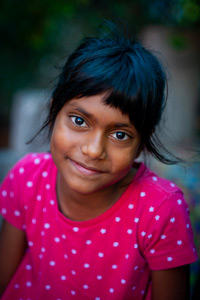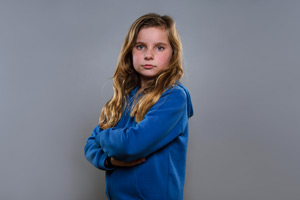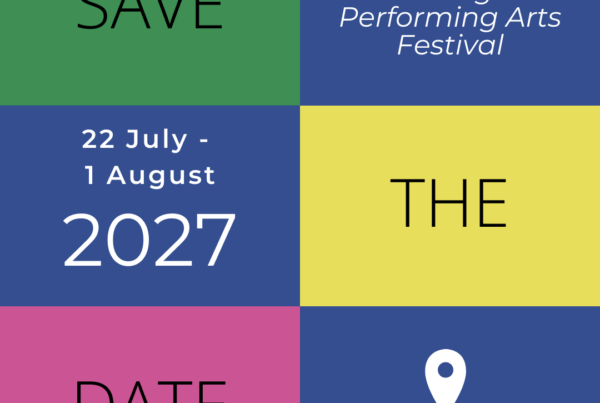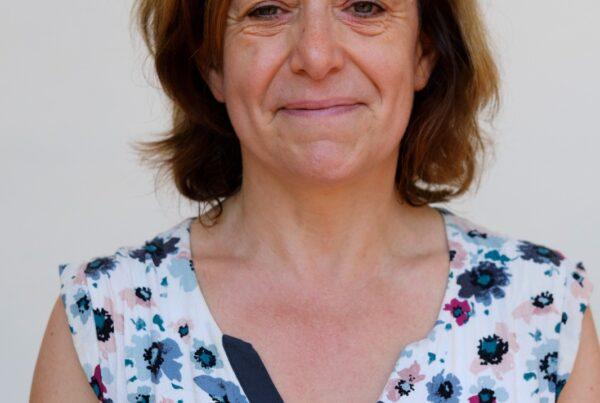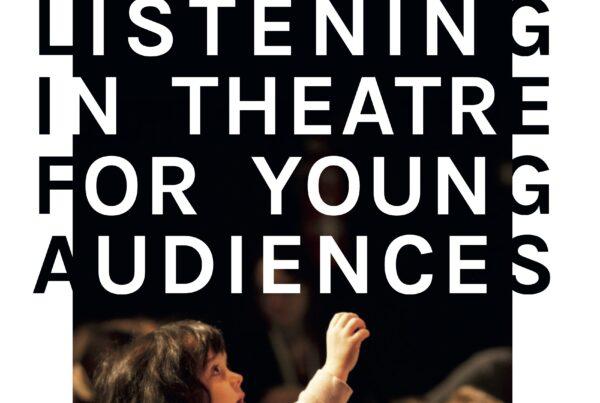World Day of Theater for Children and Youth is an ASSITEJ campaign, promoted and celebrated through the message ‘Take a boy to the theater today’ ‘Take a girl to the theater today’.
This approach allows national centres, individual members, companies, arts organisations, teachers, artists, professionals and others interested in performing arts for young audiences to connect with the idea of world day and to assert the right access to art and theater for boys and girls.
All ASSITEJ members are invited to spread the special World Day messages written each year, share the ASSITEJ video and promote additional actions – big or small. Every year ASSITEJ centers around the world offer activities ranging from conferences, performances, workshops and special communication events related to #takeachildtothetheatre #llevaaunniñoalteatro
- World Day of Theater for Children and Youth 2019 logos (available in English, French, Portuguese and Spanish) (available in English, French, Portuguese and Spanish)
Download the logos here
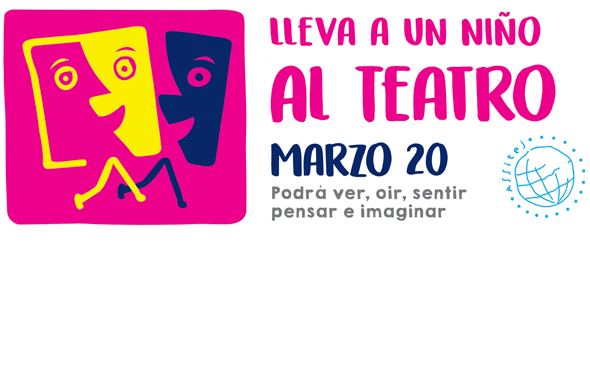 |
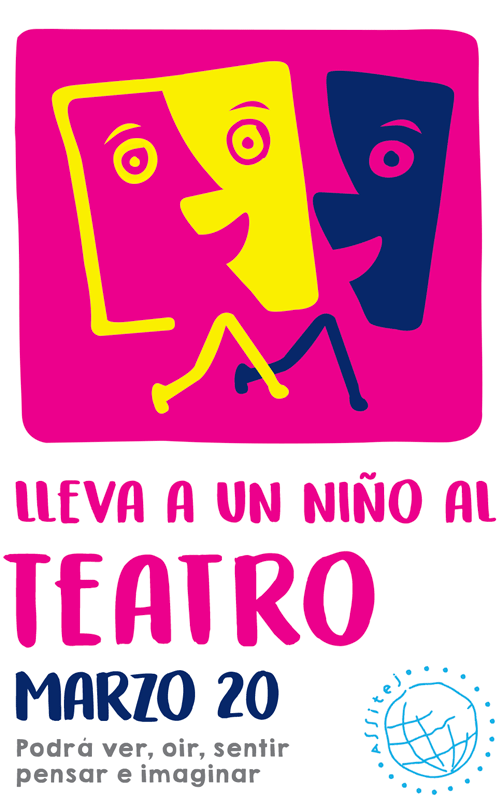 |
- A full document , including a presentation of the World Day of Theater for Children and Youth campaign and a guide to using the tools available through different occasions and media can be downloaded here : Download the tools
here - The 2019 press release is available here:
Download the press release here
World Day Message 2019 by Yvette Hardie, ASSITEJ President
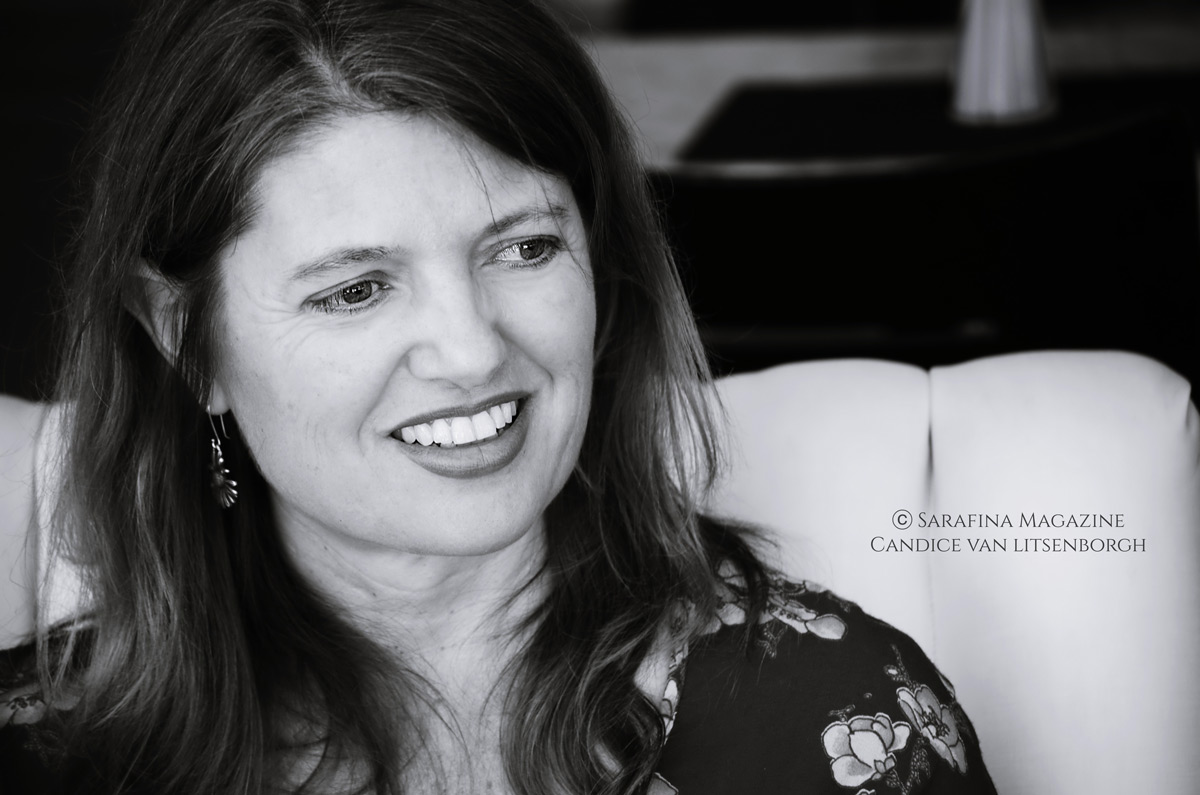
We live in a world torn by division and confrontation. All around us, everywhere, we find leaders and strategies with the aim of confronting people based on race, language, culture, economic position, gender, sexual orientation, loyalties to an idea, belonging… Almost everything that makes us human has been used by someone to create further division and to build higher walls of suspicion and hatred. In this way, we have apparently turned our backs on the concept of ubuntu, the African ethic that declares: “I am because you are” and “a person is a person through relationships with other people.”
What can we do to reverse this abysmal damage that we are causing to our sons and daughters and, indeed, to ourselves?
Boys and girls need to be able to enjoy moments in community where they are reminded of what we share and where they can appreciate the multiple realities of what it means to be human. They need spaces in which to explore new ways of thinking that challenge these confrontational narratives, in which they empathize with those who are most different from themselves. They need concrete experiences of communion, community, that remind them of the joy and beauty that the world offers.
ASSITEJ understands that theater provides multiple access routes to a greater feeling of connection with others, and (what is more important) with ourselves.
Recently, the New Victory Theater in New York published the results of five years of study of the benefits of theater for children and young people. One of the most relevant and unexpected findings is that exposure to theater offered these boys and girls greater hope for the future. The results were contrasted in a control group where those who did not attend theater performances and workshops in the same period expressed a more pessimistic perception of their future possibilities in terms of study and work opportunities.
Why is hope so important? Hope produces positive energy that translates into confidence, willpower, resilience, and ultimately concrete actions to make a difference in your own life and in others. Every child needs hope.
So, let’s commit to taking a child or young person to the theater today and rallying the necessary support to ensure that all children have access to the arts and theatre, regardless of their personal and social circumstances. And for those of us who work in the industry, let’s commit to providing quality experiences that change the way younger generations perceive the world – let’s do it for the good of the world today and for the future.
Yvette Hardie
President of ASSITEJ
World Day Message 2018 by Joyee and Jojo
Joyee (8 years old) and Jojo (11 years old) are children who attend House of Muchness, in Brunswick, Australia. “An environment where young people can belong to a collective and build social relationships, artistic expressions and find creative partners” None of them are renowned writers. The following words are a transcript of a conversation with its founder and artistic director, Alex Walker.
JOYEE: (8 years old)
Everything is related to the theater. I was born in a place where theater was very special. In India.
And even though he was in an orphanage, he knew that theater was important there. My mother is part of the theater. I am part of the theater. I do House of Muchness, which is a type of theater…we do shows. Things like that. All children have the right to do fun things, like House of Muchness. I also do Bollywood because that’s where I come from.Everything is theater. It is difficult to explain. He wouldn’t try to explain it to someone who didn’t understand it, he would just take it, show it to him, and see for himself.
The theater is you. Everything you do is theater. Everything around you is theater. You are theater Your whole body works together like in the theater. To put on a great show. And that show is your life.
Without theater there would be no imagination. People would not be able to be themselves. Without stories, everyone would always be bored. They would be a little sad, they wouldn’t feel too good. It would be like the moon. No one could communicate with each other by the big hats.
If you don’t have imagination… well, the only thing that can fix that is theater. It makes you learn things. It can teach you things about love. How it looks in different ways. And how different people who perhaps don’t know if they can love each other… well, yes they can. If it’s a really good story, it can really change us. The theater is special, it is good and it is beautiful. And we have to feel all the feelings: if a show makes us feel sad, then it can also make us feel hope… that something good can happen later. And it almost always happens.
JOJO: ( 11 years old )
I am 11 years old and I am dyslexic. I’m a person who swears a few times. I want people to understand me as I am. I want to be part of something. I am a person who wants to change the world. I am part of the Children’s Party, which is about children and ideas and politics in a theater show. I could start changing the world this way.
Theater is important because it tells stories. The stories teach generations and generations of people what is happening. Where do they come from, why are they here and what are they doing here. Things we have to know. So we can understand people and what they do.
My first show was actually a music festival in Adelaide when I was in my mum’s tummy. The first theater show I remember was an opera. Because Roger’s cousin is an opera singer. Roger was my grandfather.
I love theater where you have to use your imagination, your own imagination, which is different from everyone else’s. The one where things are hard to see or not there, you have to imagine them. invent them. And then you can see them clearly. But people can have a different story or images in their head compared to what’s in my head.
If you don’t take the children to the theater, then the theater will run out. The theater teaches lives, hearts and souls in action. If I took a child to the theater, a small child, I would not explain or tell him anything on the way. I would let him see it and then explain it to me.
If they told me that I can’t see more theater, I would be sad, I would be angry.
If I hadn’t seen some of the things I’ve seen in the theater, it wouldn’t be me.
And I like who I am.
ASSITEJ Fundraising Campaign
Some countries use the campaign as a call for donations to ensure that children and young people, who otherwise would not have access to the theater, have the opportunity to do so on this day.
Last year ASSITEJ Italy raised 1,000 euros for the campaign, asking the public to add a small donation to the ticket price. These funds were collected and then donated to the Tamasha Festival in Pakistan, to aid public access to this event. The funding decision was made by the ASSITEJ Executive Committee. If you wish to contribute in this way, please contact the ASSITEJ Secretary General .
We hope that as many members as possible will support the 2019 campaign, so that we can make as large a campaign as possible that supports the rights of children and young people to participate in theatre.
ASSITEJ video for the World Day of Theater for Children and Youth 2019
For 2019 the World Day video has been created by ASSITEJ South Korea


